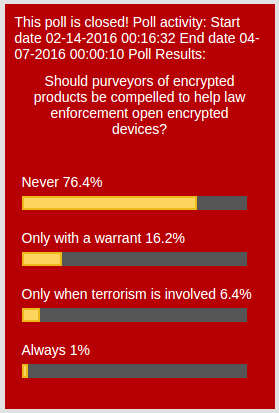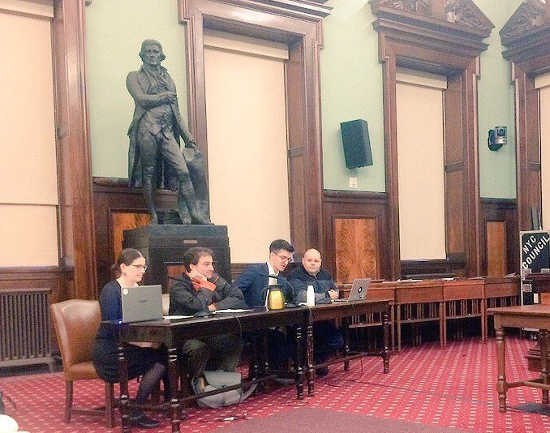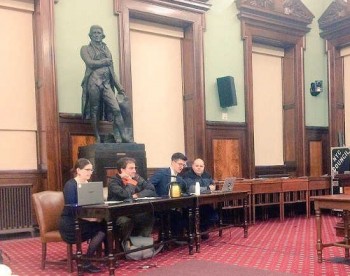While North Carolina’s HB2, the so called ‘bathroom bill,’ has already had a major negative economic effect on the state’s economy, it’s doubtful it will have much impact on the two major open source conferences held in the state.
At this point, how much effect the continuing economic backlash caused by the North Carolina General Assembly’s passage HB2, otherwise known as the “Bathroom Bill,” will have on the state’s two major open source conferences is anybody’s guess. Certainly, the past three weeks have not been good for operators of event venues in North Carolina, nor have they been good for the state’s bean counters, whose job is to make what the General Assembly spends balance with incoming tax revenue, which is certainly taking a hit in at least some counties.

Three weeks ago, on March 23, in a hastily called special session of the state’s General Assembly, HB2 was passed as a knee jerk response to a local ordinance enacted in Charlotte which, among other things, gave transgendered people the legal right to use the public restroom of their chosen gender, regardless of their gender at birth. HB2 takes away that right, but doesn’t stop there. It ends up limiting the rights of all North Carolinians except straight, white and Christian males.
Christine Hall has been a journalist since 1971. In 2001, she began writing a weekly consumer computer column and started covering Linux and FOSS in 2002 after making the switch to GNU/Linux. Follow her on Twitter: @BrideOfLinux





 Now that we’ve put 2015 to bed — and not a moment too soon — we’ll take one more look at the week that was and send everyone off rolling into 2016.
Now that we’ve put 2015 to bed — and not a moment too soon — we’ll take one more look at the week that was and send everyone off rolling into 2016.



 LibreOffice has won, get over it: Last week, I innocently posted
LibreOffice has won, get over it: Last week, I innocently posted 